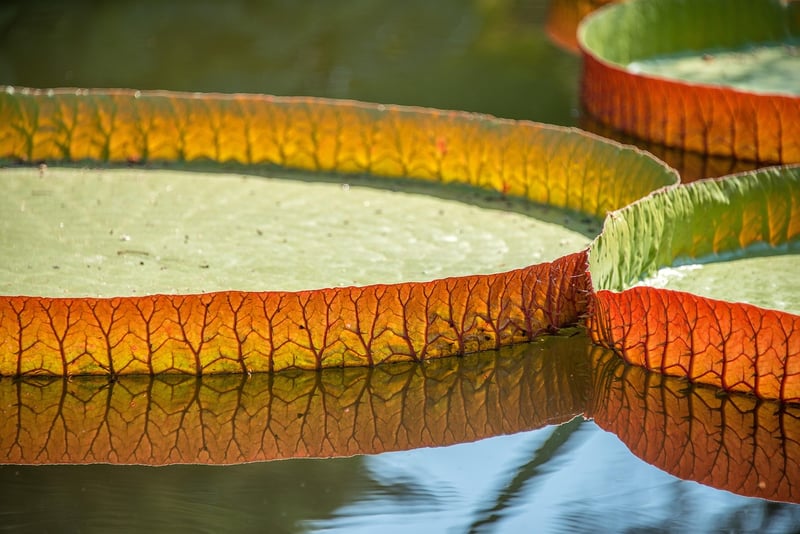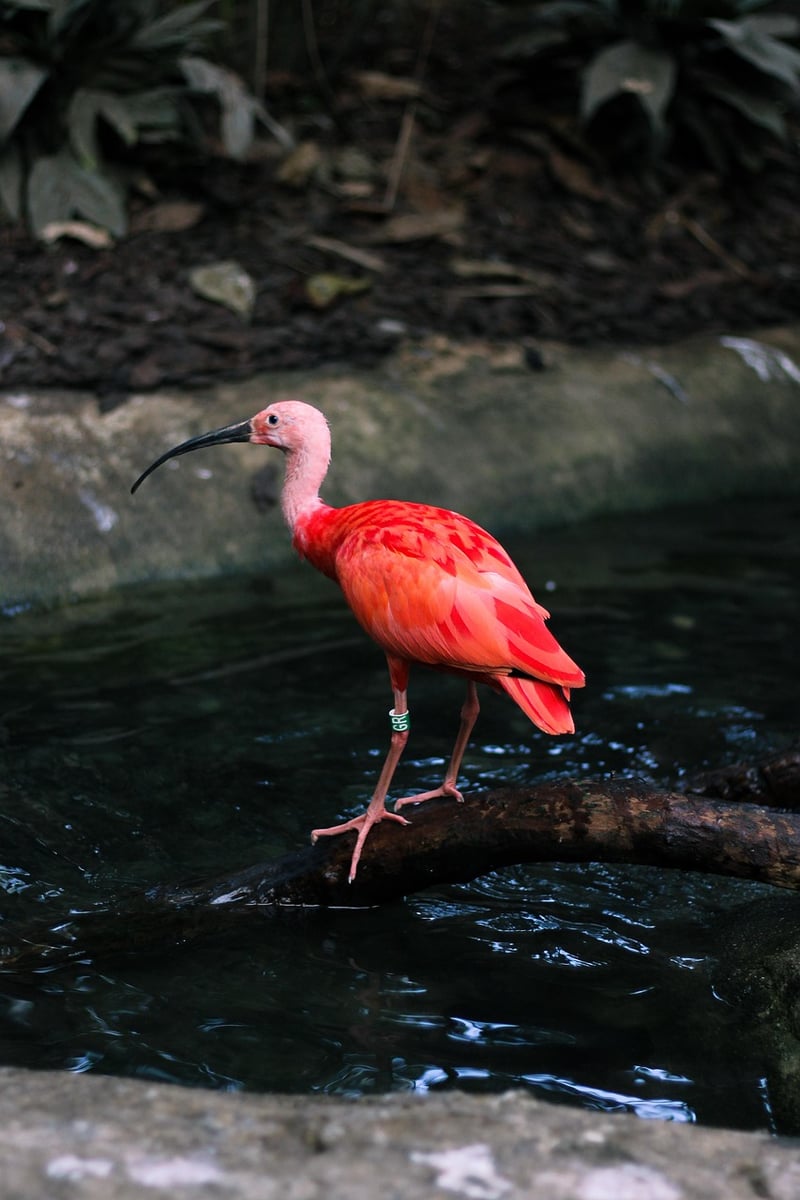Pond Ecosystems
The Wonders of Pond Ecosystems
Ponds are fascinating aquatic ecosystems that support a diverse range of plant and animal life. These serene bodies of water are home to a variety of organisms, creating a delicate balance that sustains life within them.
Importance of Pond Ecosystems
Pond ecosystems play a crucial role in maintaining environmental balance. They provide habitats for various species of plants, insects, amphibians, birds, and fish. Additionally, ponds contribute to groundwater recharge and serve as watering holes for wildlife.
Components of a Pond Ecosystem
A typical pond ecosystem consists of:
- Plants: Aquatic plants like water lilies, duckweed, and cattails provide oxygen, food, and shelter for many organisms.
- Animals: Fish, frogs, turtles, insects, and birds are common inhabitants of pond ecosystems.
- Microorganisms: Bacteria and algae play a vital role in nutrient cycling within the pond.
- Abiotic Factors: Sunlight, water temperature, pH levels, and dissolved oxygen are essential abiotic components.
Benefits of Pond Ecosystems
Healthy pond ecosystems offer various benefits:
- Support biodiversity by providing habitats for numerous species.
- Improve water quality by acting as natural filters and reducing nutrient pollution.
- Contribute to flood control by absorbing excess water during heavy rains.
- Enhance the surrounding landscape and provide recreational opportunities for humans.
Explore the Beauty of Pond Ecosystems
Take a moment to appreciate the beauty of pond ecosystems with these stunning images:


Next time you come across a pond, pause to observe the intricate web of life it supports. Pond ecosystems are not just bodies of water; they are vibrant communities that deserve our admiration and protection.
Let's cherish and preserve these aquatic wonders for future generations to enjoy!
